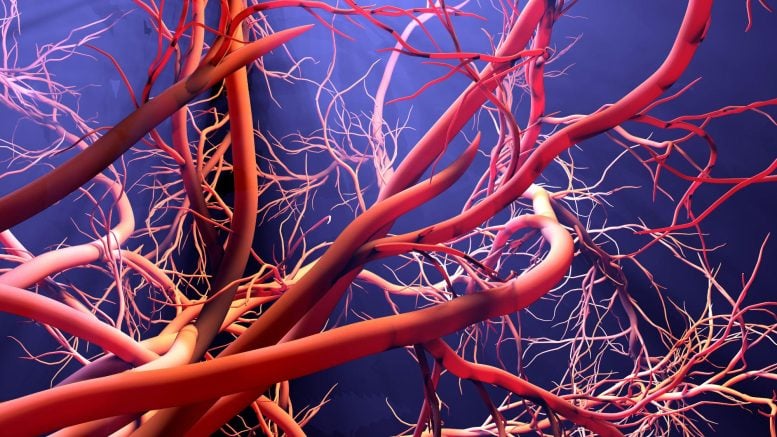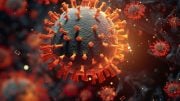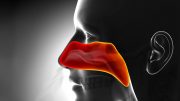
A groundbreaking study by Prof. Benoit Vanhollebeke and his team reveals that brain blood vessels have a unique development process, paving the way for targeted therapies in neurological diseases.
Cardiovascular diseases, such as heart attacks and strokes, stand as the top killers globally, taking approximately 18 million lives annually. This observation justifies the adage that you are only as old as your arteries, and explains why researchers are working relentlessly to understand how the cardiovascular system develops and functions.
Led by Prof. Benoit Vanhollebeke – Professor at the Department of Molecular Biology, Faculty of Science, Université libre de Bruxelles and recent awardee of the 2024 Lambertine Lacroix Prize for Cardiovascular Diseases – a ULB team has just made an important discovery. Contrary to the generally accepted idea that blood vessels form in a similar way throughout the body, Giel Schevenels and colleagues have discovered that those irrigating the brain obey different, totally unprecedented rules. The researchers discovered that cerebral vessels are equipped with a specific enzyme that is essential for them to invade the brain. The findings were recently published in the journal Nature.
The Blood-Brain Barrier and Future Therapeutic Approaches
“What I find noteworthy in this study is that the mechanism of brain angiogenesis that we are disclosing simultaneously enables the vessels to acquire specific properties adapted to the neuronal environment, known as the blood-brain barrier. So there seems to be a functional alignment between the very birth of the vessels and their specific functions,” explains Benoit Vanhollebeke.
The blood-brain barrier is a set of characteristics of the brain’s blood vessels that strongly limit exchanges between blood and brain tissue. This protects the brain from toxic components circulating in the blood.
“The identification of this mechanism gives us hope that it will one day be possible to develop therapeutic approaches specifically targeting cerebral vessels, which is an important clinical issue in many neurological pathologies,” concludes the researcher.
Reference: “A brain-specific angiogenic mechanism enabled by tip cell specialization” by Giel Schevenels, Pauline Cabochette, Michelle America, Arnaud Vandenborne, Line De Grande, Stefan Guenther, Liqun He, Marc Dieu, Basile Christou, Marjorie Vermeersch, Raoul F. V. Germano, David Perez-Morga, Patricia Renard, Maud Martin, Michael Vanlandewijck, Christer Betsholtz and Benoit Vanhollebeke, 3 April 2024, Nature.
DOI: 10.1038/s41586-024-07283-6
Research in Professor Vanhollebeke’s laboratory has been supported in recent years by the ERC, the FNRS, the Queen Elisabeth Medical Foundation, the ULB Foundation and the Welbio.









Be the first to comment on "Scientists Discover That the Brain’s Blood Vessels Obey Different, Totally Unprecedented Rules"